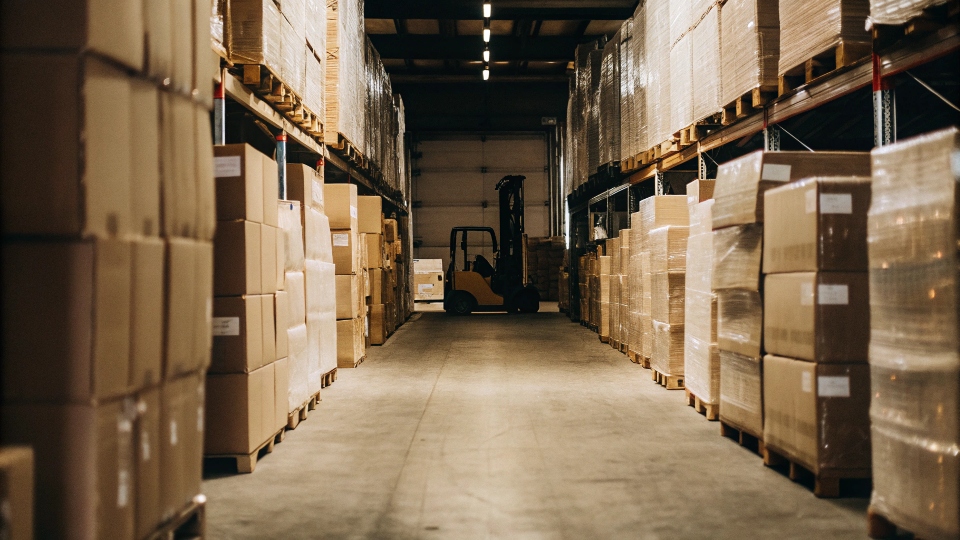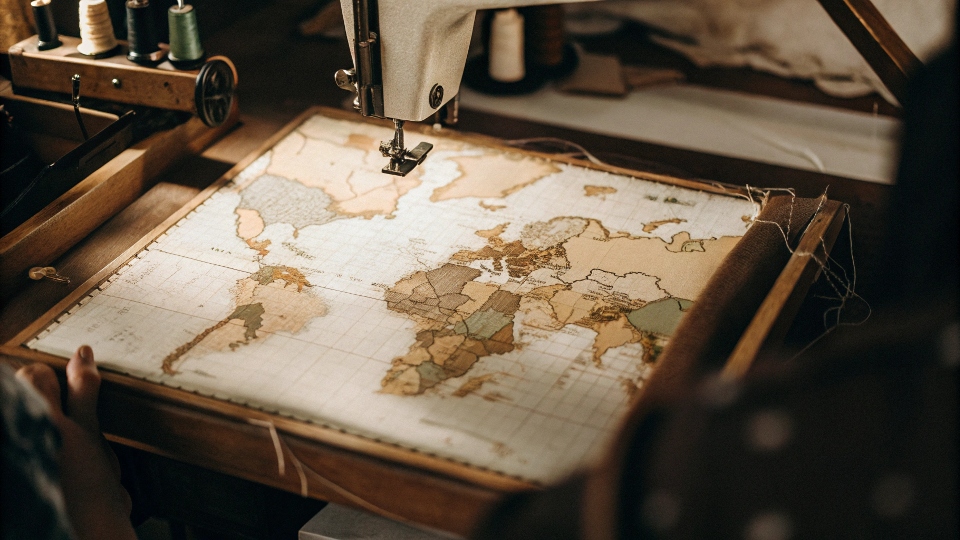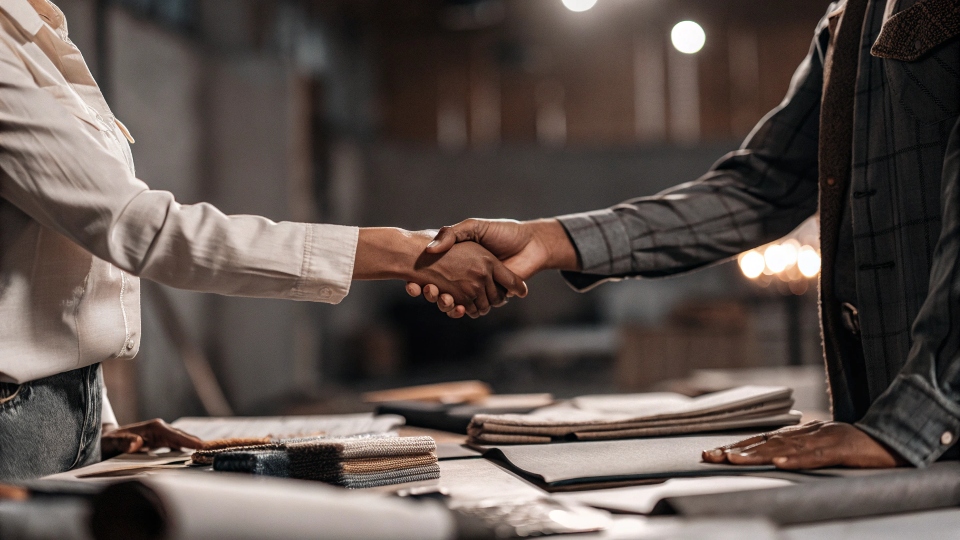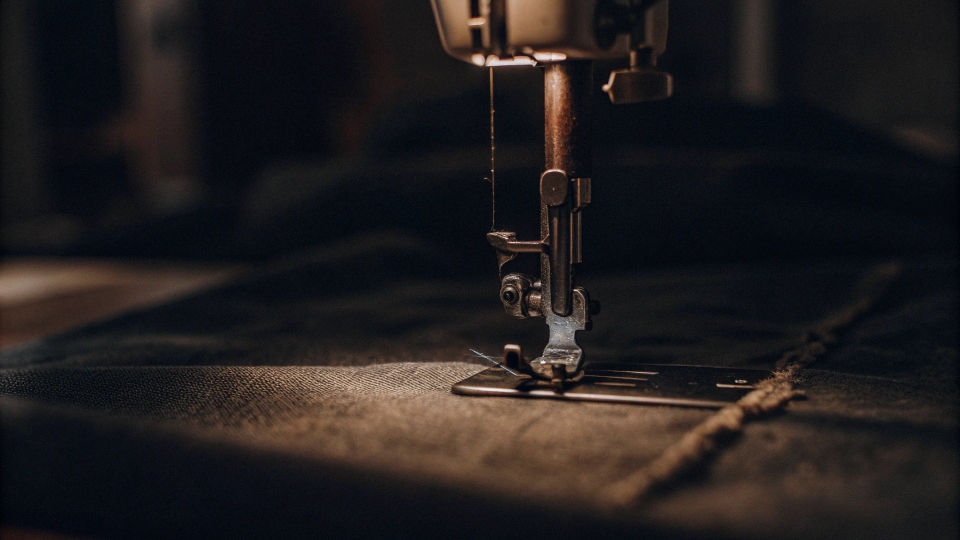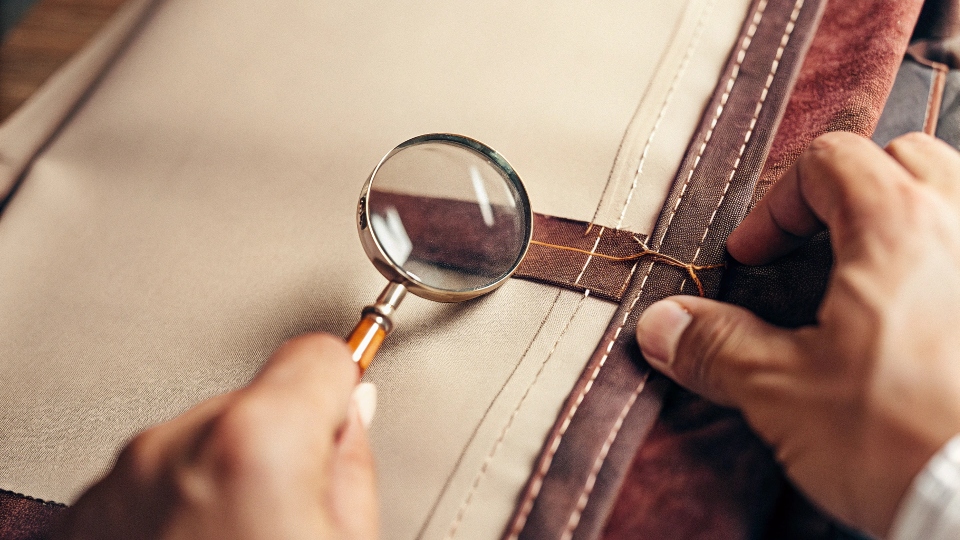Sourcing branded clothing is expensive. You've heard about factory rejects1 as a secret goldmine for high-margin inventory, but finding a legitimate source feels impossible. Let's explore this hidden market.
Getting authentic branded factory rejects is extremely difficult due to strict contracts that require their destruction. Your best bet is to find specialized wholesalers2 who deal in overruns, or contact factories directly for unbranded, B-grade stock3.
In my two decades of running a denim factory, I can tell you that for every 1,000 pairs of jeans we make for a major brand, maybe 5 to 10 have minor flaws. We call these "seconds" or "B-grade."
However, our contracts with these brands are crystal clear: we are legally required to destroy or deface these items to protect the brand's reputation and retail value. Anyone promising you a steady supply of famous branded rejects is likely selling something else.
Which country has the best wholesale clothing4?
You're looking to source clothing and see options from all over the world. It’s overwhelming, and you need to know which country offers the best balance of price, quality, and reliability.
There is no single "best" country; it depends on your specific needs. China offers incredible variety and speed, Vietnam and Bangladesh provide cost-effectiveness for large volumes, and Turkey excels in quality for the European market.
My factory is in Dongguan, China, and for a good reason. The ecosystem here is unmatched. We have access to every type of fabric, trim, and washing technique imaginable, all within a few hours' drive. This allows for incredible speed and flexibility. However, I work with brands that have different priorities.
A brand focused purely on a low price for a basic t-shirt might choose Bangladesh. A European brand that needs high-quality goods with a quick turnaround time might look to Turkey to reduce shipping times. The "best" choice is a strategic one based on your business model.
| Country | Strengths | Best For |
|---|---|---|
| China | Speed, vast infrastructure, limitless options, technical skill. | Complex designs, small-to-large orders, speed-to-market. |
| Vietnam | Competitive pricing, skilled workforce, good quality. | Mid-to-large volume orders, quality at a good price. |
| Bangladesh | Extremely low labor costs, huge capacity. | Very large volumes of basic apparel (t-shirts, basics). |
| Turkey | High-quality manufacturing, fast shipping to Europe. | Premium goods, fast fashion for the EU market. |
Can you buy clothes straight from the manufacturer?
You want to cut out the middleman to get better prices and control. But you're wondering if a factory owner like me would even entertain an inquiry about rejects or B-grade stock.
Yes, you can buy directly from a manufacturer, but approaching us for branded rejects is usually a dead end. We are legally bound to destroy them. Instead, a better approach is to ask about unbranded overruns5 or stock lots.
This is the most misunderstood part of the business. Let me be direct. If you email my factory asking for "Brand X's rejected jeans," my sales team will politely decline. Our relationship with Brand X is worth millions, and we would never risk it. What you can do, however, is build a relationship with a factory.
Start by inquiring about their capabilities for your own brand. Once we have a trusted relationship, you can ask if they ever have "overruns"—excess A-grade stock from a canceled order—or "stock lots" of unbranded garments made from leftover fabric.
This is the legitimate way to buy high-quality garments directly from a factory at a great price. It's about building partnerships, not hunting for secrets.
Can you relabel wholesale clothing?
You've found a source for great quality, unbranded garments. Now you're thinking of putting your own brand's label on them, but you want to make sure you're doing it legally and ethically.
You can absolutely relabel unbranded wholesale clothing, often sold as "private label6" or "white label" stock. However, it is illegal to remove another brand's label and replace it with your own.
This is a very common and smart way to start a clothing line. We do this for many startup brands. They don't have the volume yet to develop a unique garment from scratch, so they purchase "blanks" or "white label" goods—high-quality items made without any branding.
They then contract a factory like ours to handle the finishing touches: sewing in their custom neck labels, adding branded hang-tags, and packing them in custom bags. This is completely legal and a standard industry practice.
The critical line you cannot cross is buying items that already have a brand's name on them, even if they are rejects, and trying to pass them off as your own or something else. That is trademark infringement, plain and simple.
How to choose a clothing wholesaler?
The internet is filled with thousands of wholesalers, all promising the best quality and prices. You're worried about getting scammed or being stuck with a container of low-quality, unsellable clothes.
Choose a wholesaler by first verifying their business legitimacy, then ordering samples to test the quality yourself. Prioritize clear communication and transparent policies over the absolute lowest price, which is often a red flag.
As a manufacturer, I know what separates a good partner from a bad one. When you vet a wholesaler, apply the same logic. Don't just look at a pretty website. First, ask for a copy of their business license and check their physical address on a map.
Second, never place a bulk order without getting samples first. Pay for the samples and shipping—it's the most important investment you'll make. Third, ask them directly where they source their garments.
A legitimate wholesaler will be transparent about their factory relationships. Finally, pay attention to how they communicate. Are their answers clear? Do they respond promptly? A supplier who is difficult to communicate with before they have your money will be impossible to deal with after.
Conclusion
Sourcing authentic branded rejects is a minefield of legal risks and fakes. The smarter, safer path is to seek unbranded overruns or build a direct relationship with a trusted manufacturer.
-
Learn about factory rejects and how they can be a hidden goldmine for high-margin inventory. ↩
-
This resource will guide you in identifying trustworthy wholesalers for your clothing business. ↩
-
Understanding B-grade stock can help you find quality garments at lower prices. ↩
-
Learn the best practices for purchasing wholesale clothing directly from manufacturers. ↩
-
Discover how unbranded overruns can provide high-quality garments for your brand. ↩
-
Explore the concept of private label clothing and how it can benefit your business. ↩

